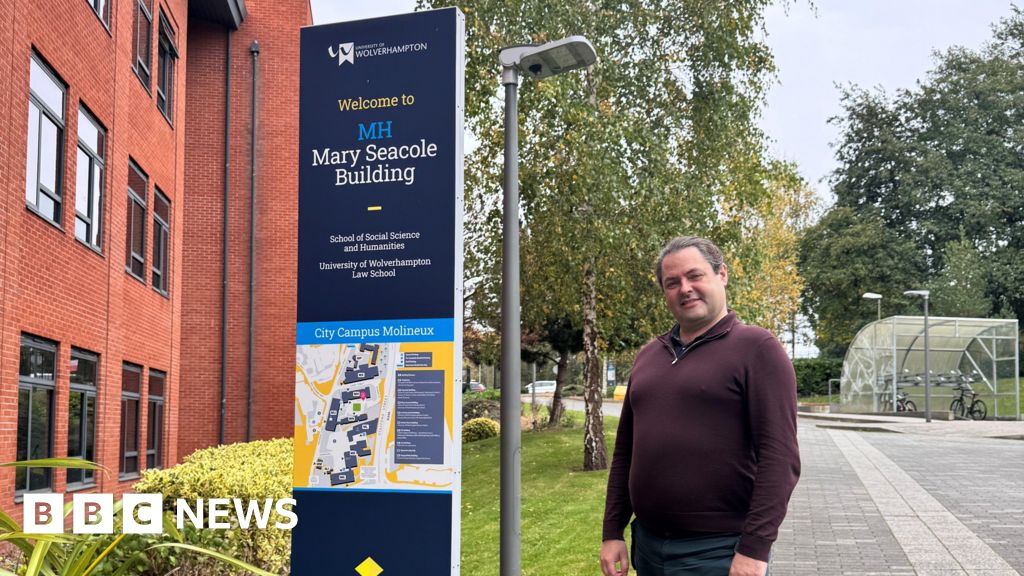“What we’re interested in is…how has the profession developed in the UK, and in France and Germany?” Dr Stone explained.
“What does that tell us about the ways deaf people work as interpreters that are similar and different in different places?”
Dr Stone said that in the UK, interpreting of this type was generally more developed in the field of television, while in France, it appeared there was more development in healthcare settings.
Germany’s strength, he said, was interpretation in parliament and government.
“Deaf people have always been involved in providing access for their own communities,” he told the BBC.
“One of the things that this [research] will do is provide extra evidence and support for that.”
“It’s more likely that there will be opportunities for deaf interpreters and translators to receive training, employment, and be specifically targeted to do translations and interpretations, rather than hearing professionals.”
But ambitions did not end there, he said.

